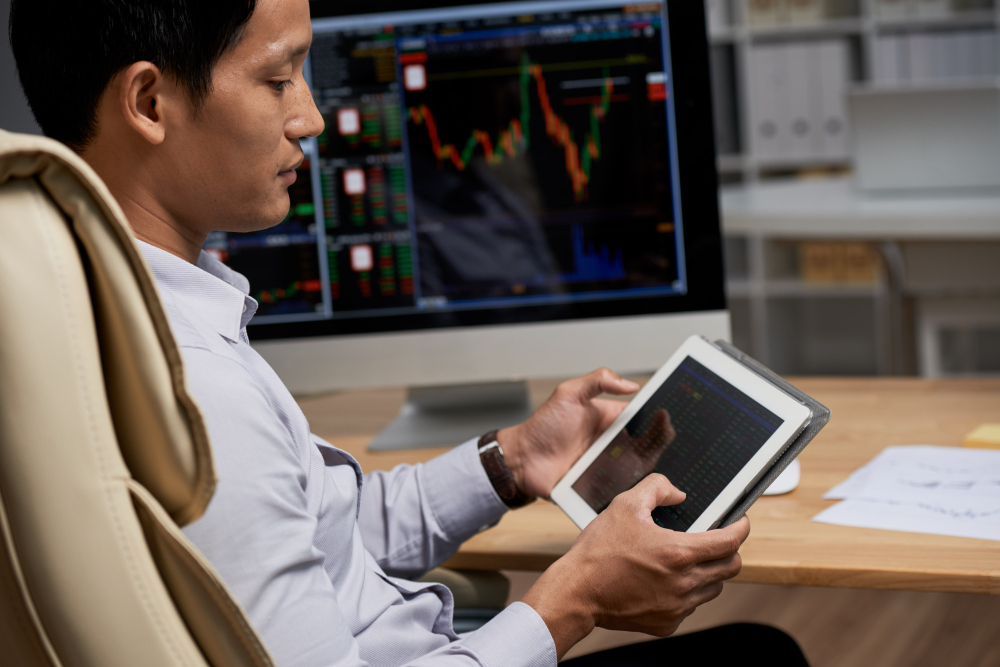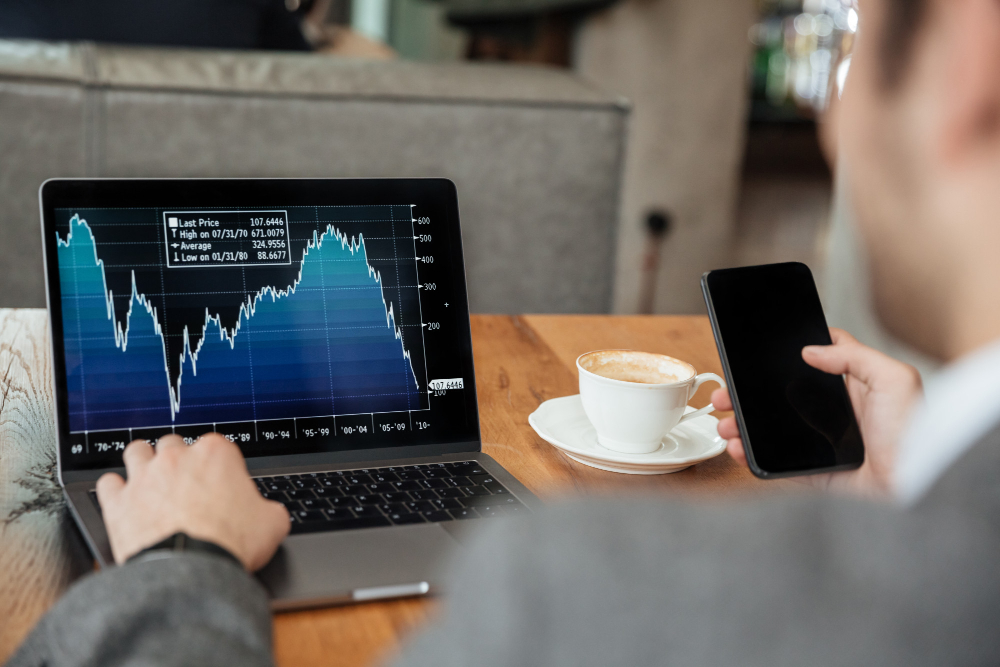As human beings we are often faced with a mind-numbing array of choices when making decisions that can leave us paralysed by the consequences of information overload. This can vary from making decisions about which new car to buy, which personal banking product to use, or which variety of jam to buy from the multitude of choices available at the supermarket. Scientists are finding that the huge amount of choice we now have in almost every product range not only increases anxiety levels, (fears about making a ‘wrong’ choice) but can also cause our brains to “freeze up” and either avoid making any decisions, or succumb to a range of other reactions that are not in our best interests in the long run. Many share traders may well have experienced what is often referred to as ‘analysis paralysis’ when faced with making decisions about what shares to buy and when!
In an attempt to study this phenomena, Angelika Dimoka, director of the Center for Neural Decision Making at Templar University had volunteers participate in combinatorial auctions. These are auctions that contain combinations of information and are not restricted to just one item on which you need to bid, such as the typical house auction, or when bidding for an item on e-Bay. Combinatorial auctions include buying landing slots at airports, and making decisions about trading and investing in financial products. Dimoka monitored the brain activity of the volunteer bidders using MRI scans and found that as information was added to the decision making process activity in the dorsolateral prefrontal cortex (the region of the brain located behind the forehead that is responsible for decision making and controlling emotions) increased in response to this extra information.
As researchers added more and more information activity in the decision making area of the brain suddenly reached a point where it suddenly dropped as if a “circuit breaker had popped”. It was clearly evident that the volunteer bidders had reached a point of cognitive and information overload at which they could no longer effectively process the information being given to them. People started making silly mistakes and poor choices because the area of the brain required to make decisions had essentially shut down. At the same time, their levels of anxiety and frustration also began to soar because this area of the brain is also responsible for emotional control!! Essentially, the two negative effects build on one another and people’s decisions make less and less sense.
Many share traders and investors suffer from these same issues. Faced with a huge universe of shares from which to choose and a huge array of indicators, idea’s and methods to use to engage the market, the decision making process can often be over-whelming. This is exacerbated even more for those who have NO trading system, strategy or methodology for consistently engaging the market in a disciplined way. These traders, who fluff around the edges listening to the TV or taking advice from brokers and other so-called experts, are constantly at the mercy of this information overload phenomena.
In the coming weeks we will continue this discussion on the effects of information overload.



2 Responses
Most people start trading and try every new idea and every new indicator they can find, they jump from one idea to the next.
I admit I have been guilty of this and I have found until you find a methodoligy that suits you and stick with it you will never ever make money.
We need to become meaningfull specifics not wandering generalities
Nice one Gary –
Setup – trigger – follow through…
To define one’s absolute risk for a trade, a loss that you are happy to incur, is an important step to counteract this anxiety. If your system is right you can relax in the knowledge that you will grow your account over time as you take the setups you know have positive expectancy.
Trading is so much more than ‘picking the right stock’, it’s about managaning risk and letting winners run. Easy said, but the opposite of what most of us do! That’s why your system brings some objectivity to market fluctuations and allows us to stay in the trade when we may impulsively close early out of fear, and to take small losses when we may normally just ‘hold tight and wait it out’